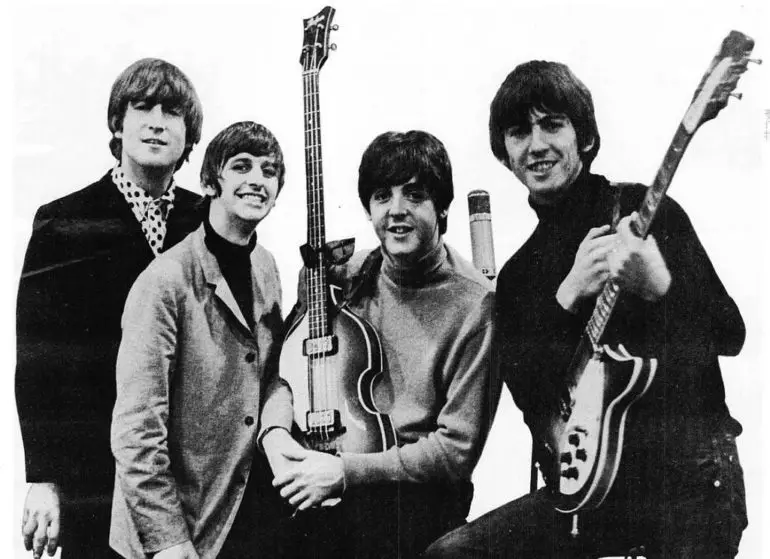It took time to get used to the fact that pop music and such iconic bands as The Beatles became part of academic studies and scientific research, but now they are part of wider research attempts in biology including the state of the human mind.
“Uncertainty and Surprise Jointly Predict Musical Pleasure and Amygdala, Hippocampus, and Auditory Cortex Activity”, is a research study published by seven scientists from Germany and Norway published in Current Biology. The team was led by Vincent Cheung, a Ph.D. student at the Max Planck Institute for Human Cognitive and Brain Sciences in Germany.
Using artificial intelligence the team analyzed 80,000 chords in 745 songs that were listed in the US Billboard’s Hot 100 chart between 1958 and 1991. Their conclusions are, as the title of their research paper says, the listeners will enjoy songs the most if they strike a good combination of uncertainty and surprise, or as they said, a “good balance between knowing what to expect and being charmed by the unexpected.”
So what songs did the researchers find to define ‘perfect pop’?
Among those they singled out, like James Taylor’s “Country Road”, Tina Turner’s “What’s Love Got To Do With It”, the song that best defined the term, according to them, turned out to be The Beatles’ “Ob-La-Di, Ob-La-Da”, characterized as “irresistibly enjoyable”.
Science Focus cites Mr. Chung who said, “understanding how music activates our pleasure system in the brain could explain why listening to music might help us feel better when we are feeling blue.”
In their above article about the study, the team said it found that music evokes pleasure “by encouraging the listener to continuously generate and resolve expectations as the piece unfolds in time.” They also suggest that further research could be done to explore “the combined roles of uncertainty and surprise on humans’ appreciation for other art forms such as dance and film”.
Chung concludes that, “we think there is great potential in combining computational modeling and brain imaging to further understand not only why we enjoy music, but also what it means to be human.”




